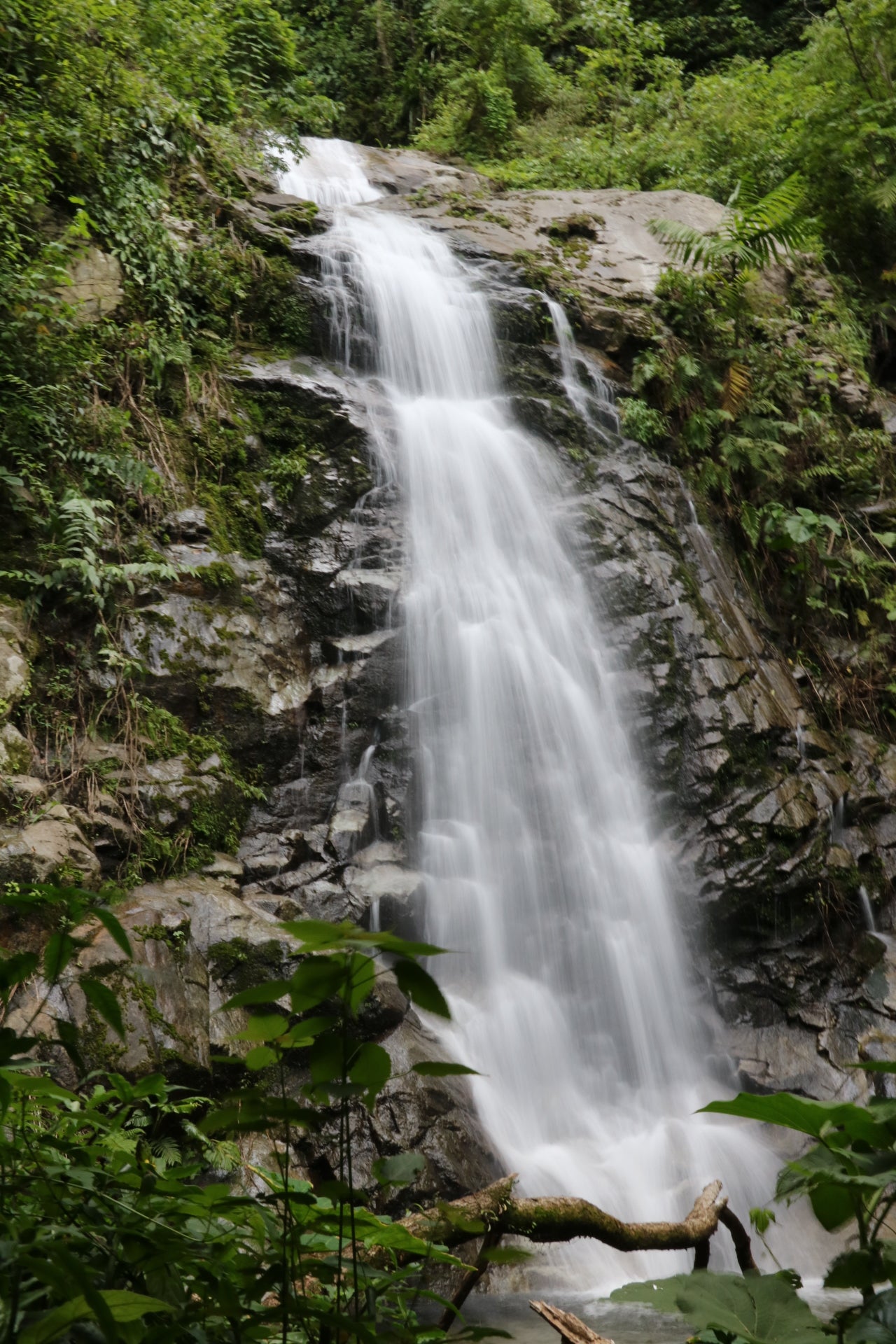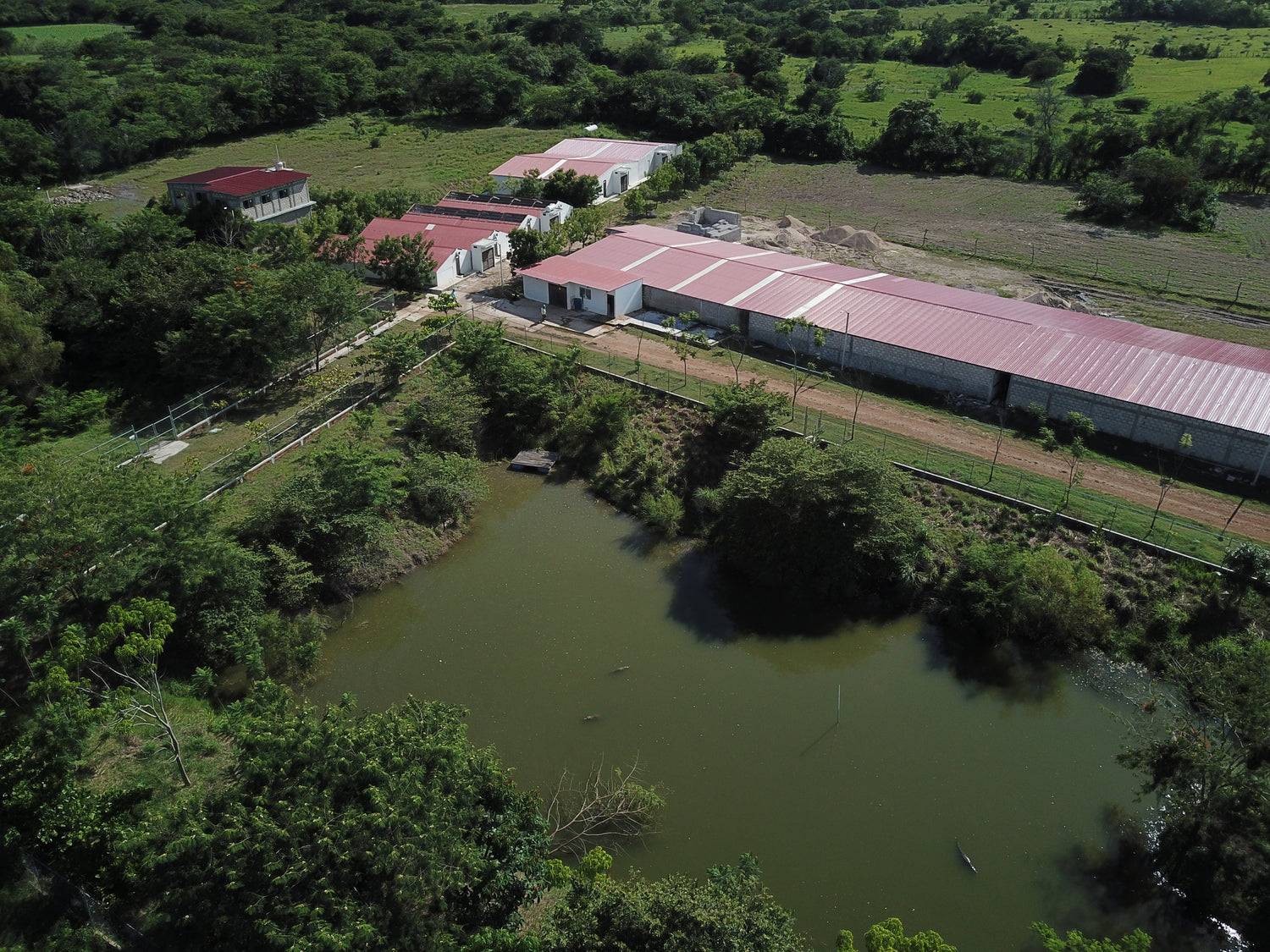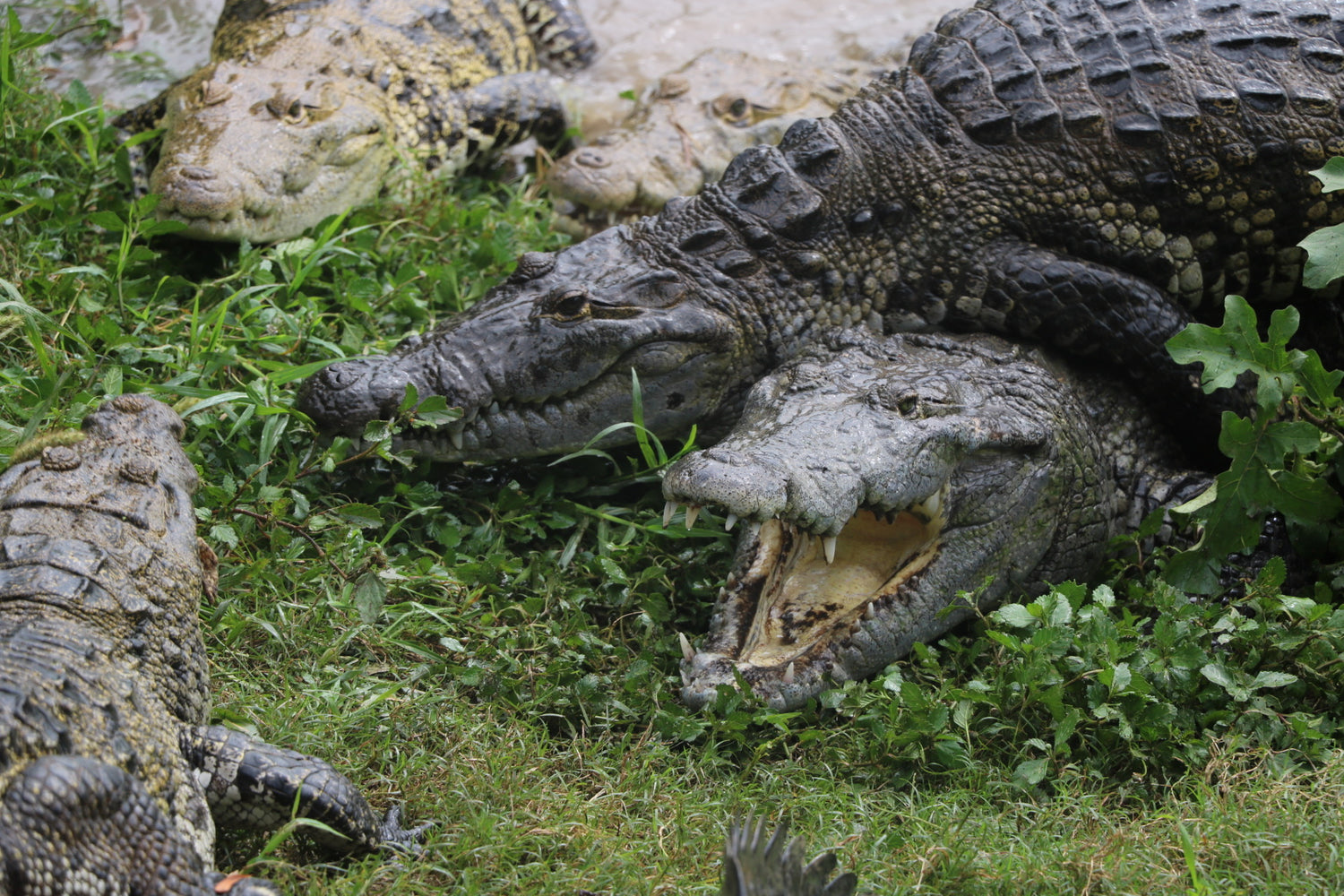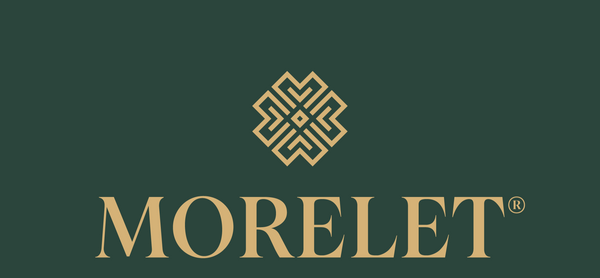
World of Morelet: Sustainability
As part of our brand promise, our products are made with highest craftsmanship and the optimized use of the best quality materials, ensuring a lifetime durability with proper care. We firmly believe this is the first step to reduce our footprint in the world.
Morelet is committed to ethical, environmental, and social principles, and extends the compromise to all the value chain. Beginning with the sustainable and ethically sourced raw materials with traceability.

Crocodile farms
Crocodile and alligator farming emerged due to the decline in wild populations in the 1950s, stimulating efforts for both commercial and conservation purposes.
When CITES came into force in 1975, efforts to farm crocodilians increased on all continents, employing two basic (not mutually exclusive) production strategies: closed-cycle captive breeding and ranching. The latter involves the harvesting of wild eggs, providing tangible incentives to landowners to conserve the habitats necessary for the survival of crocodilians.

Farms today
Improved production efficiency on crocodile and alligator farms is intimately linked to science-based animal welfare, which is fundamentally aimed at ensuring farms animals are healthy.
This provides reassurance to consumers, who are increasingly interested that animal welfare, conservation impacts, respectful working conditions for men and women on the farms and workplace equity comply with moral and ethical standards.




